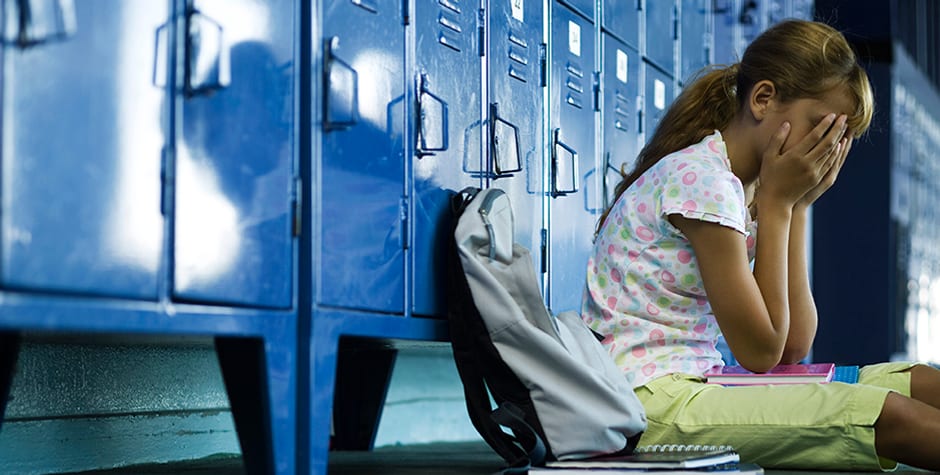ACLJ Sends Letter Urging School Board To Protect Children From Pornographic and Sexually Deviant Material
The ACLJ, on behalf of its clients, just sent a legal letter to the Clyde-Savannah Central District School Board (“the School Board” or “the Board”) in New York urging the Board to stand up for children and to protect them from obscene, pornographic material.
In August of this year, one of our clients brought to the School Board’s attention that books – five specifically – containing obscene, sexually graphic content were widely available to minor students in the school libraries.
These five books contain, among other things, graphic accounts of sexual encounters between minors as well as the rape of a minor child by an adult. To say that the content is revolting is an understatement. It is stomach-churning and abhorrent that any material of this nature would purposefully be made accessible to children – especially by the very people who are tasked with protecting children. When the Board’s attention was initially drawn to this matter, it responded correctly by voting to restrict the access of minor children to these books by having them removed from the school libraries.
Incredibly, the Board’s decision was then challenged by a “Library Media Specialist” and a parent of a student in the Clyde-Savannah Central School District. They filed a petition to reverse the Board’s decision, claiming that the First Amendment protects the “right” of children to access this kind of pornographic and sexually graphic content. Unfortunately, the Board unnecessarily caved into the demand, reversed course, and allowed the books to remain freely accessible to children.
Now, on behalf of parents in Wayne County, the ACLJ has delivered a letter to the Board that explains the law regarding sexually explicit, vulgar, and lewd content and the Board’s duty to protect children from exposure to such content.
As we explained to the Board, “Petitioners erroneously assert in claims two and three of their petition that students and teachers have a First Amendment right to access any content they wish via the school library.” Rather, the Supreme Court’s “First Amendment jurisprudence has acknowledged limitations on the otherwise absolute interest of the speaker in reaching an unlimited audience where the speech is sexually explicit and the audience may include children.” The Court has also made clear that “in addressing the question whether the First Amendment places any limit on the authority of public schools to remove books from a public school library, all Members of the Court, otherwise sharply divided, acknowledged that the school board has the authority to remove books that are vulgar.”
In fact, as we pointed out, the Court has further held, “These cases recognize the obvious concern on the part of parents, and school authorities acting in loco parentis, to protect children – especially in a captive audience – from exposure to sexually explicit, indecent, or lewd speech.”
We also informed the Board that the state of New York itself has supported the decisions of school boards to protect children from lewd and inappropriate content in schools and of the documented harms related to early exposure of minors to sexual content.
There is absolutely no educational interest in exposing children to gratuitous and graphic sexual content such as is contained in the books the School Board allowed to remain accessible to minors – including descriptions of the rape of a child perpetrated by an adult. Even if – and there is not – some educational interest in exposing children to that material, it is greatly outweighed by the grave harm that such content has upon children, including grooming children to believe that such conduct is normal or okay.
This is why we have requested that the School Board reverse its decision to allow the books to remain in the school library and instead do its job and protect children. We will next be filing a petition with the New York State Education Department Commission requesting that these books be restricted so that minor children are not exposed to the gross and graphic sexual content included in them.
